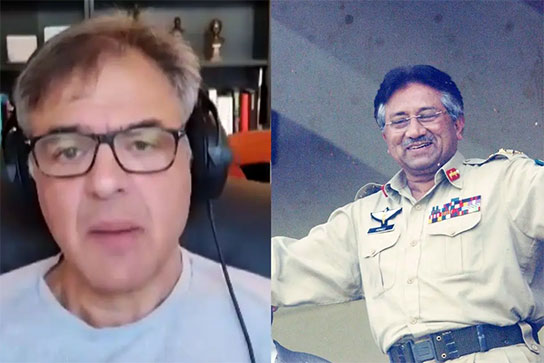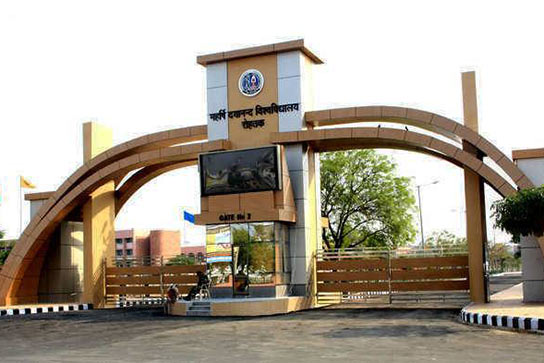The company has so far been operating in stealth mode, but now wants the world to understand more about the work it does. BrainBridge says it aims to offer new hope to patients suffering from untreatable conditions such as stage-4 cancer, paralysis, and neurodegenerative diseases like Alzheimer's and Parkinson's.
The procedure involves transplanting a patient's head onto a healthy, brain-dead donor body, with the aim of preserving consciousness, memories and cognitive abilities.
🤖 BrainBridge, the first head transplant system, uses robotics and AI for head and face transplants, offering hope to those with severe conditions like stage-4 cancer and neurodegenerative diseases… pic.twitter.com/7qBYtdlVOo
— Tansu Yegen (@TansuYegen) May 21, 2024
The video has shocked social media users, who said the company is trying to meddle in God's affairs.
"Can't possibly imagine this being used unethically," one user commented. "Can't compete with God the creator," said another.
"This probably would be only available for the rich," a third user said.
Though there has been no response about the work from the scientific community, BrainBridge is not the first company to be working in this field. Neurable, Emotiv, Kernel and NextMind are the few other names in the brain-computer interface space.
The most famous is Elon Musk's Neuralink that recently implanted a computer chip in the brain of a quadriplegic man.
Hashem Al-Ghaili, project lead at BrainBridge, said that they plan to employ high-speed robotic systems to prevent brain cell degradation and ensure seamless compatibility between the transplanted head and donor body. Al-Ghaili also said that advanced AI algorithms will guide the surgical robots in reconnection of the spinal cord precisely, along with the nerves and blood vessels.
The company's proprietary chemical adhesive and polyethylene glycol will aid in reconnecting severed neurons.
"Every step of the BrainBridge concept has been carefully thought out based on extensive scientific research. Our goal is to push the boundaries of medical science and provide innovative solutions for those battling life-threatening conditions," Al-Ghaili quoted as saying by Samaa TV.
He further said if results of feasibility results are positive, first such surgery could be performed within eight years.






